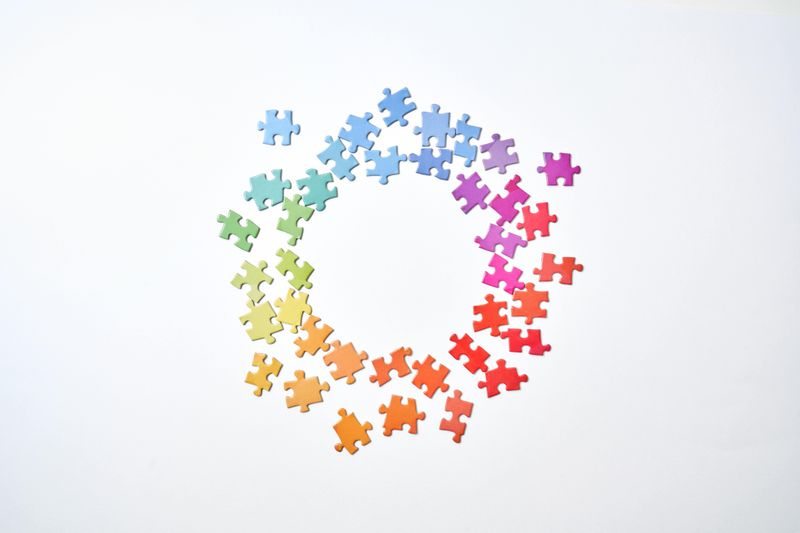Apr 3, 2023
Families and Discrimination in Japan

An eye-opening first employment experience
In my first experience of employment in Japan on the JET Programme, I recognized right away that I was in good hands. My supervisor at the city’s board of education took me to the registration desk and had me complete the process for the identity card which was then called an alien registration card. My supervisor slipped the card into a plastic sleeve with a sticker that covered my fingerprint. Until the foreigner registration system or zairyu card was implemented in 2012, the alien registration requirement of a fingerprint was condemned by the United Nations commissioner for human rights.
I later learned that my supervisor was active in organizations that prevent discrimination against burakumin, a segment of the Japanese population that has suffered from discrimination based on a historic caste system. If this is the first time you learn about the issue, it isn’t surprising. Organizations that fight against this discrimination have often opposed the publication of the issue in the mainstream media. Issues include nosy prospective inlaws investigating their children’s marriage partners to see if they are from this group.
An experience of blatant discrimination
Some years later, while working for a company in Tokyo, I was shocked to see a good candidate for a job rejected because she had two children in school. My boss said she’d likely want to take a lot of paid leave for her children’s sake and passed her up for a less qualified single, male candidate.
Same-Sex Partnerships
Japan’s constitution’s statement on marriage is solely between consenting opposite-sex partners. This means that same-sex partners are denied the recognition of marriage and family rights. Poll after poll indicates that the Japanese public is in favor of protecting same-sex partnerships.
As of 2023, over 250 municipalities and prefectures in Japan have instituted partnership certificates and a growing number of governments have made agreements to mutually recognize the certificates. The certificates are intended to prove partnerships for housing, medical, and family affairs. Still, people in same-sex households have to rely on the good will of hospitals, landlords, and employers because their status isn’t nationally recognized.
The Ministry of Health, Labor, and Welfare’s dos and don’ts
In job interviews, I’ve been asked questions I deflected or refused to answer because the questions are discriminatory in my home country. I hadn’t anticipated being asked questions about my marital status or my family history. The good news is, there are laws on the books to protect you from discriminatory practices, especially in employment. The Ministry of Health, Labor, and Welfare has a list of prohibited questions in job interviews to protect diverse job applicants.
To protect the privacy and rights of women, minorities, and non-Japanese job applicants, and your privacy in general, the MHLW specifies that job interviewers can’t ask about your:
- family composition and family home to avoid discrimination against Korean heritage and burakmin descendants
- beliefs, religion, thoughts on organized labor, your reading habits
- marital status, plans for having children, and career longevity
MHLW also provides a list of appropriate questions. Interviewers are encouraged to ask about your knowledge of the company’s profile, your skills, and your expectations of the job situation.



0 Comments